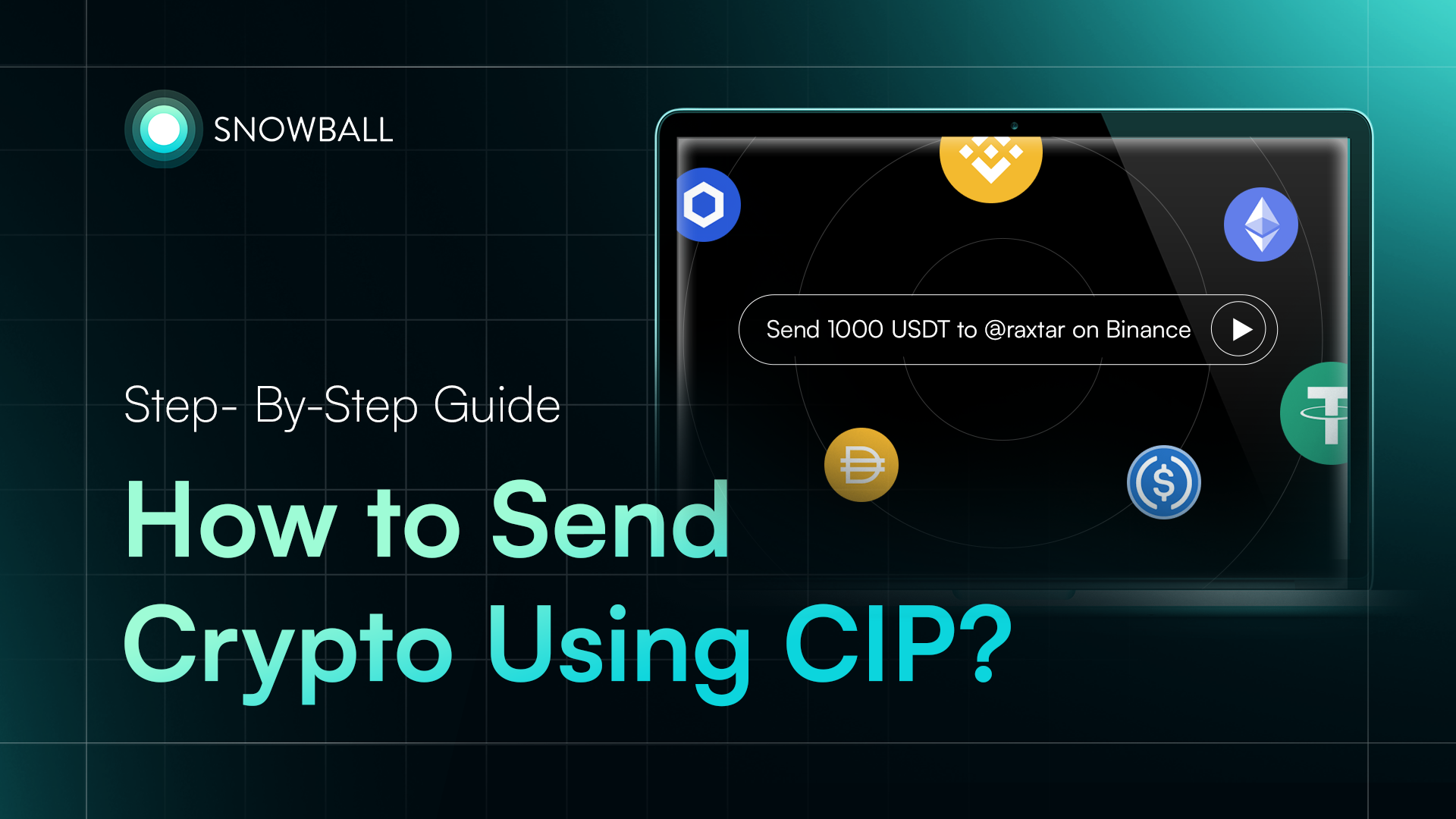The crypto and blockchain world is evolving quickly. Almost on a daily basis, new companies are offering altcoins and visions of how they are going to change the future. Although this last year has seen its fair share of scams and companies that had no intention of delivering on their promises, there are many new, exciting, and promising projects that are gaining the interest of people and may be worth getting involved in. For this reason, it’s important for people to understand the basics of exchanges and the best practices for using them.
Cryptocurrency Exchanges
A cryptocurrency exchange is a platform that allows users to trade between digital and/or fiat currencies. Some focus on trading only between different digital currencies, while others are for trading between fiat and digital or vice versa.
The first step for anyone getting involved in buying cryptocurrency is exchanging their fiat money into one of the major digital currencies, such as Bitcoin or Ethereum, through an exchange. This is a simple platform that sells specific currencies at around market price plus purchasing fees, similar to foreign exchanges at airports.
Because these exchanges deal with fiat currencies, they must comply with federal regulations and reporting requirements, which in turn, can make them more difficult for an investor to begin the process than it is when dealing with all-digital currency platforms. These restrictions also limit the cryptocurrencies exchanges deal in, meaning that users cannot always obtain more of the obscure cryptocurrencies.
Some of the largest cryptocurrency exchanges fоr USD
Cоіnbаѕе
Probably the most well-known and respected exchange for USD, Coinbase has been operating since 2011 and is based in San Francisco, California. With over 13 million users, it has stood the test of time and is considered secure. Unfortunately, Coinbase also has some of the highest fees, which can turn off investors looking for the best bargain.
GDAX
Coinbase’s predecessor, GDAX, is owned and managed by the same company, but has a much more advanced user interface. While Coinbase is simple and easy for beginners, GDAX attracts more advanced investors who are looking to more closely monitor their trading on what operates a more stock-exchange-style interface.
Krаkеn
Launching around the same time as Coinbase, this company is also based in San Francisco, California, and is often considered to be Coinbase’s chief rival. It offers quite a few more options than Coinbase, and although some users love the interface and platform, others have complained about it not being as reliable as they expect.
CEX.іо
Based out of the U.K., this exchange has earned a good reputation for being well designed, having a wide variety of trading options, and being very user-friendly.
LосаlBіtсоіnѕ
This platform is less like an exchange and more like a Craigslist for posting both buying and selling options for other’s in the same geographic area. Although it has more freedom than exchanges such as Coinbase and Kraken, it is also riskier due to the meeting-up and transact-on-your-own nature of the business model.
Crypto-to-Crypto Exchanges
With fiat-to-digital exchanges offering only a limited number of cryptocurrencies, users must use separate exchanges to obtain more specialized or niche digital currencies. These platforms allow someone to take their mainstream crypto, like Bitcoin or Ethereum, obtained previously in fiat-to-digital exchanges, and trade them for other, less-known digital currencies, that are not available on the larger exchanges.
Binance
Binance is the largest international exchange and is still growing in popularity. It was originally founded in China, but the company moved its headquarters to Japan in 2017 due to China’s strict anti-Crypto policies.
Bittrex
Based in Seattle, Washington, Bittrex established itself as a secure and well-established company that is adamant on following U.S. regulations and codes, making it appealing to crypto-investors who want to do the same.
Cryptopia
Known for trading much more niche and lesser-known currencies, it is popular for its low-fee trading and quality customer support. Unfortunately, it does not deal with Ethereum, which steers many traders away from this platform.
Choosing the Best Service
Quality and Speed
It is important, especially for more advanced traders, that the market information provided by the exchange is both accurate and timely. An exchange should both have a strong track record of reporting accurate market trends and signals and should be updated as regularly as possible to enable traders to make the best decisions.
Reliability
A platform can be wonderful in every other respect, but if it has a track record of glitches and security issues, that means nothing. Everyone should make sure that the exchange has a solid history in these areas.
Transparency
It is important to be able to trust the exchange one is working with, and transparency is key. How it operates, such as whether its signals are created by expert traders or AI software, and the fees it charges, should be clearly visible and easy for users to locate.
Pricing
For a user planning on making a one-time purchase and holding their assets for the long term, transaction fees might not be a huge issue, but for advanced traders who exchange continuously all day long, these fees can make all the difference in the return on their investments. It is good for more active traders to compare and contrast the costs of using different platforms.
Support
One of the upsides to an exchange that is not completely decentralized is the ability to provide support service to its users. Like any company, if there is minimal customer service, or the service makes it difficult to deal with issues or resolve problems, this can be a red-flag for using the exchange in the long term.
Written by:





